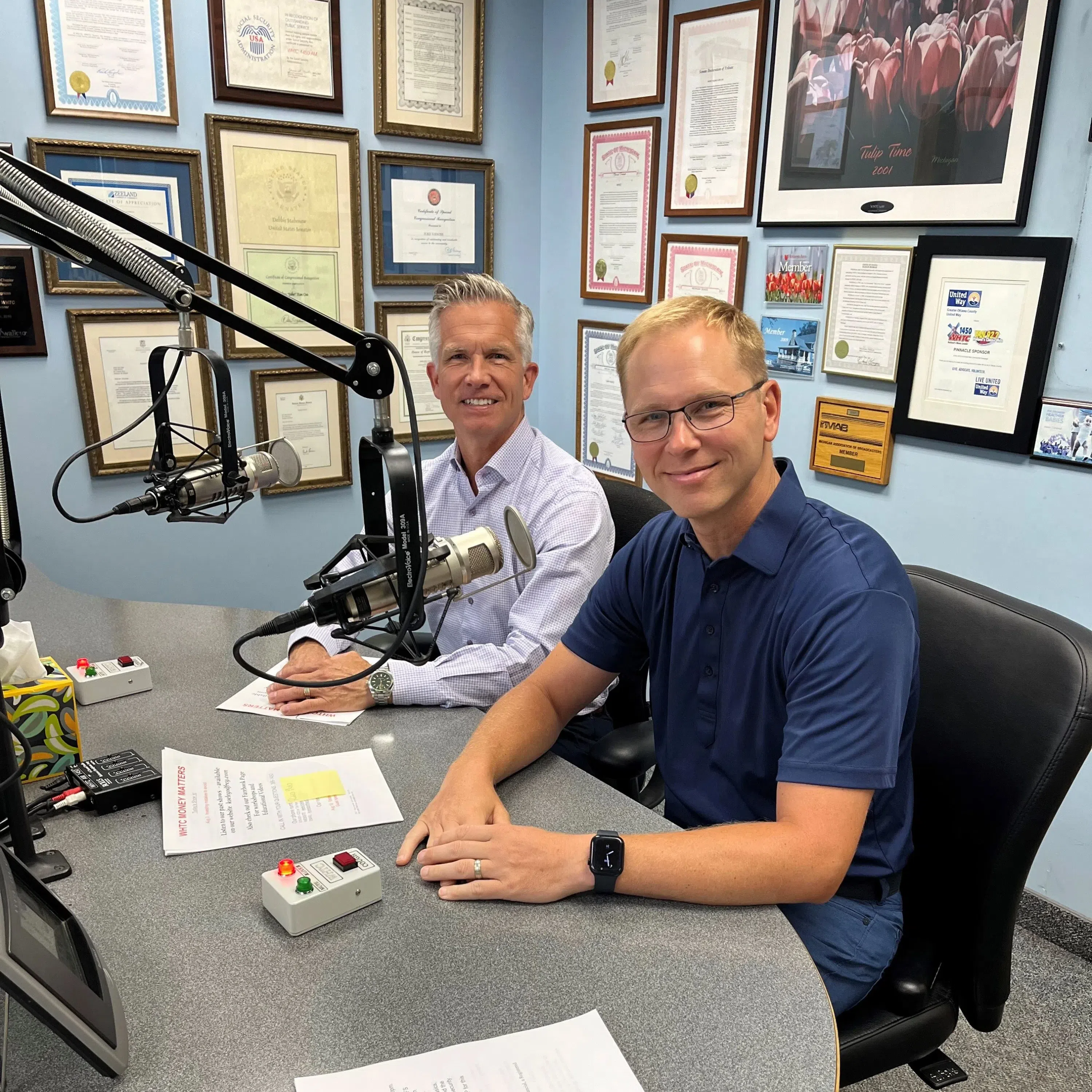By David Shepardson
WASHINGTON (Reuters) – A U.S. congressman from New York said on Wednesday that political pressure had persuaded the White House to end a historic 19-month closure of its land borders with Canada and Mexico to millions of non-essential foreign visitors.
Representative Brian Higgins, a Democrat representing a district along the Canadian border, said: “You can’t on the one hand talk about the importance of vaccines and ignore the fact that people that are fully vaccinated could not cross the border.”
The restrictions harmed border economies. Higgins noted both professional sports teams in Buffalo rely on Canadian fans and 30% of Buffalo airport users historically are Canadians.
He told reporters “I think it was the pressure” that prodded the White House to finally act.
The White House did not immediately comment on his remarks.
The White House said late on Tuesday it would lift restrictions for fully vaccinated foreign nationals at the land borders in early November, ending curbs on non-essential travelers in place since March 2020.
A growing number of U.S. lawmakers had questioned why the White House had announced on Sept. 20 it would lift restrictions for fully vaccinated international air travelers in early November and yet upheld restrictions for land border travel to the United States from Canada and Mexico.
Canadian Public Safety Minister Bill Blair welcomed the news.
“Today’s announcement is one more step toward returning to normal,” Blair said, noting that from Oct. 30 Canadians will need to be fully vaccinated to travel within Canada by plane and various trains.
U.S. Travel Association President Roger Dow welcomed the news, saying declines in international visitation since the start of the pandemic “have resulted in more than $250 billion in lost export income and more than a million U.S. jobs. The closed Canadian and Mexican land borders alone costs the U.S. economy nearly $700 million per month.”
Canada on Aug. 9 began allowing fully vaccinated U.S. visitors for non-essential travel.
(Reporting by David Shepardson; additional reporting by David Ljunggren; Editing by Howard Goller)






